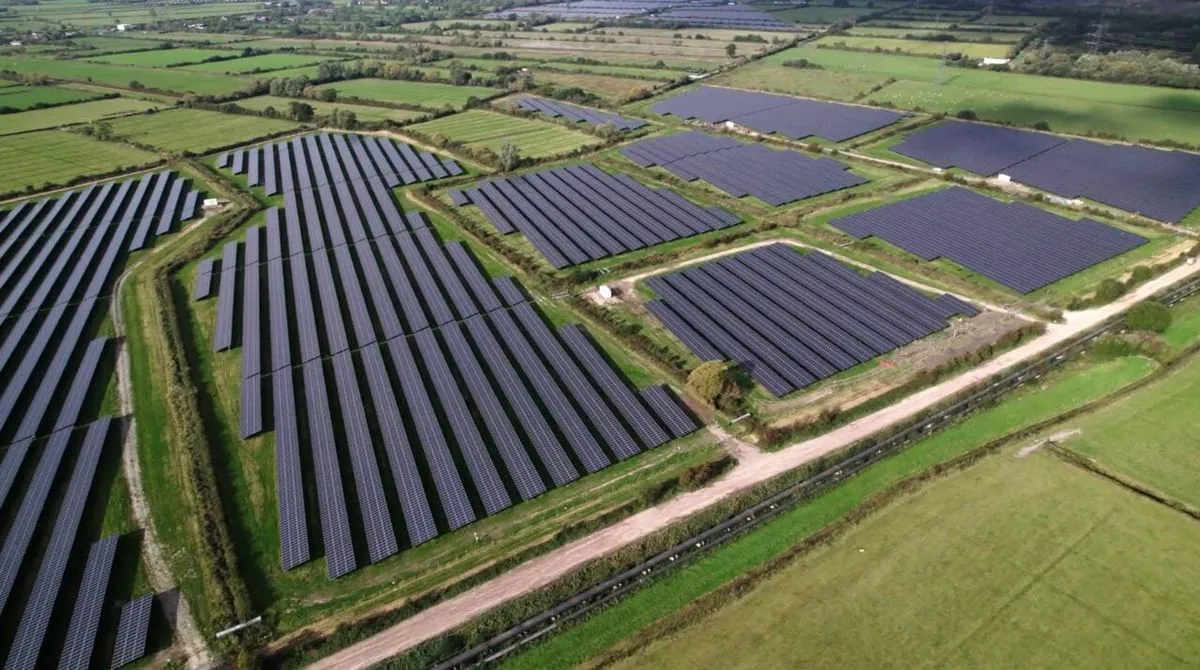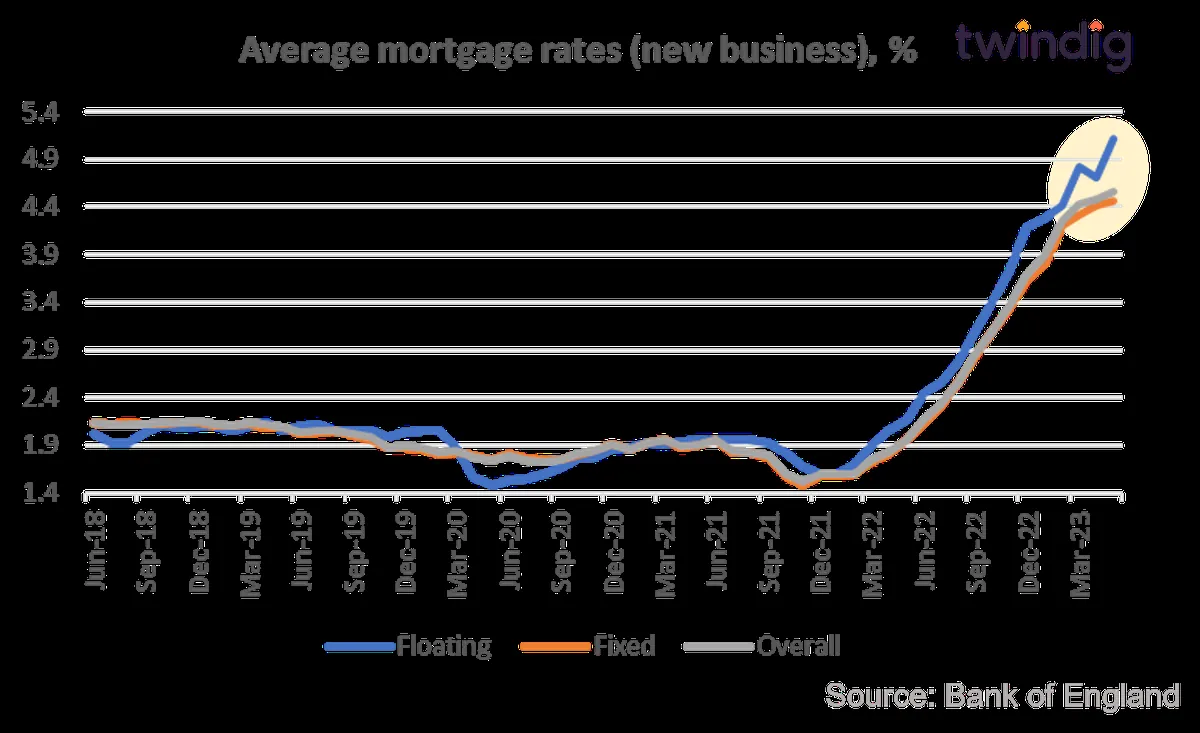British farmers face land loss as solar power plans expand across countryside
Traditional farming families across UK might lose their homes and fields due to massive solar panel installations. Landowners are switching to solar power which brings them four-times more money than crop farming

In North Yorkshireʼs countryside‚ a long-running family story faces an uncertain future. The Sturdyʼs‚ whoʼve worked Eden Farm since the mid-50s are dealing with a tough situation - their landlord (the Fitzwilliam Trust which has Helena Rees-Mogg as its director) wants to put solar panels on almost half their land
Energy Secretary Ed Miliband has been pushing for green-energy growth since the election‚ but this push is creating problems for many tenant farmers. The math is simple: while farmers pay about £500 per acre yearly for good cropland solar developers offer £1‚000-£1‚200 making it hard for food producers to compete
Last summerʼs approval of several big solar projects (including the 2500-acre Sunnica farm on Cambridgeshire-Suffolk border) shows which way the wind is blowing. George Dunn from the Tenant Farmers Association says these decisions have made farming communities very worried; especially since local peoples opinions dont seem to matter much
The governments plans are big-scale: they want to triple solar power in 5 years and need land thats bigger than Berkshire for panels. Here are some recent proposals:
- 5000-acre farm planned between Long Stratton and Diss
- 4000-acre project at High Grove near Dereham
- 3200-acre development near Blenheim Palace
Near Coventry Edward Dewes whoʼs farmed his plot for over 40 years‚ might soon see his grazing fields covered with 60‚000 panels. “Its like a re-run of the Highland Clearances - tenant farmers are todays peasants“ he explains
Chris Hewett from Solar Energy UK states that farmland development is needed for renewable targets but many farming families (whoʼve worked their land for generations) are staying quiet about their concerns: afraid theyll lose their homes if they speak up





























